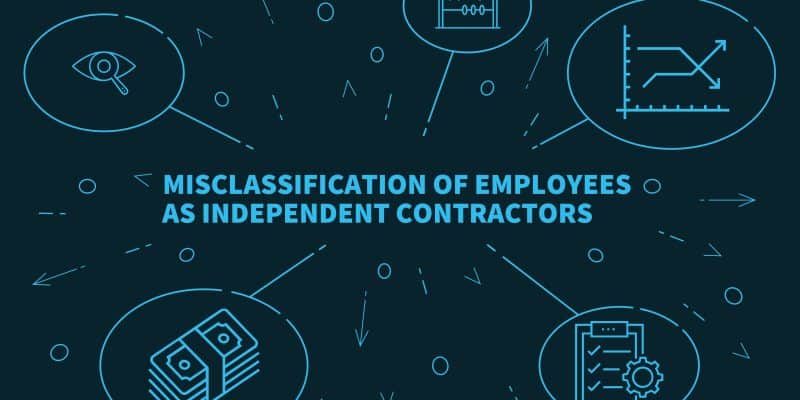February 14, 2022
Working paper co-produced by the Institute for Construction Economic Research finds costs to taxpayers may be as high as $54 million
AMHERST, Mass. – A new study released today by the University of Massachusetts Amherst Labor Center reveals that nearly 1-in-10 Rhode Island employers misclassified employees as independent contractors between 2016 and 2021, affecting an estimated 19,359 workers in the state in 2019 and costing taxpayers at least $25.1 million. Illegal misclassification allows firms to evade taxes while denying workers their legal rights to, among other things, unemployment insurance benefits, workers’ compensation insurance and overtime pay.
The study, which was co-produced by the Institute for Construction Economics Research (ICERES) and conducted by Tom Juravich, professor of labor studies and sociology at UMass Amherst, and Russell Ormiston, associate professor of business and economics at Allegheny College and president of the ICERES, relied on extensive data provided by the Rhode Island Department of Labor and Training.
“This research builds on the work we did in Massachusetts and shows that rampant worker misclassification and employer tax fraud is a problem across New England,” says Juravich.
Worker misclassification occurs in every industry of the Rhode Island economy, but is especially rampant among residential construction, janitorial services, landscapers and certain types of construction contractors, such as painting and finish carpentry.
“The illegal misclassification of workers as independent contractors in residential construction has created a hothouse for wage theft,” Juravich says.










